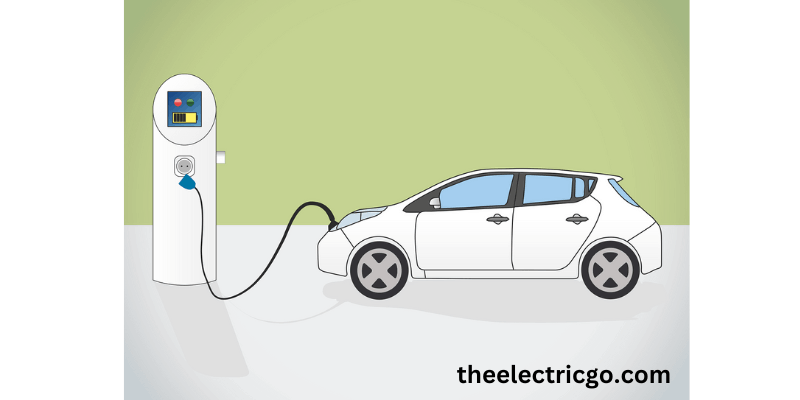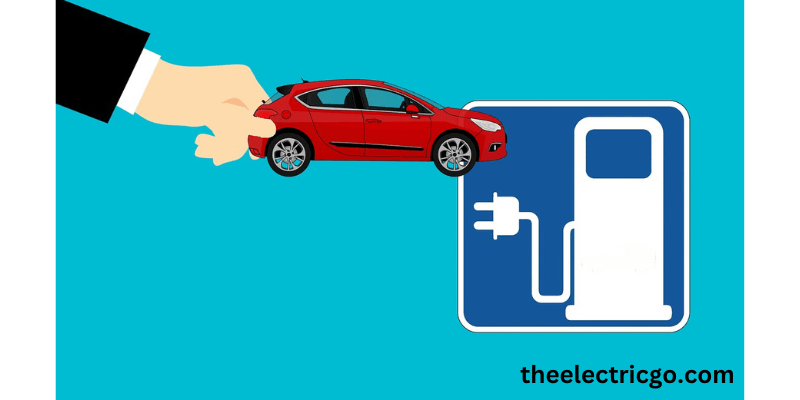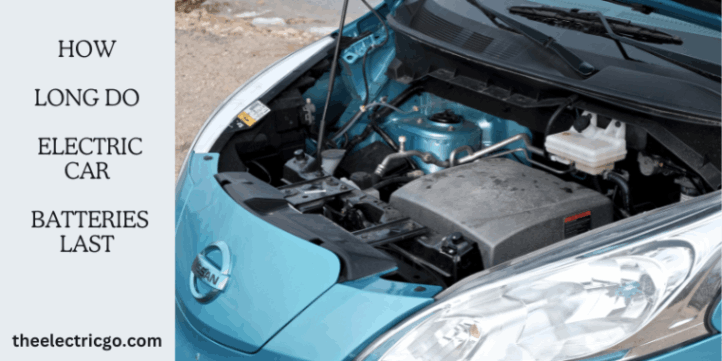Whenever someone plans to switch to an electric car, lots of questions arise in the mind regarding its range and functions, and “How long do electric car batteries last?” is probably one of them. And, it’s understandable because the battery is the key part of an EV.
The batteries used in electric vehicles are lithium-ion battery packs which have more capacity than lead acid batteries. An EV might cost you more than a regular ICE vehicle, but its average annual maintenance cost is lower than that of a gasoline car.
All thanks to its battery engine. Electric car has a few moving parts hence the main part is its lithium battery pack. Now, the question is “How long do electric car batteries last…?”
What is the lifespan of an electric car battery?
If we talk on an average its battery can go up to 10-20 years or 100k-150k miles. These numbers also depend on the quality and latest technology used by EV manufacturers. You can just simply check the battery warranty provided by the company. You may see that most of them have almost the same lifespan with different miles.
For example, the Nissan Leaf battery warranty covers 8 years or 100k miles whatever comes first. Similar to this Kia also offers 8 years or 160k miles in its battery warranty policy. And if we have a look at Tesla, it also covers the same life span of 8 years or 100k-120 miles depending on its models.
One thing you need to keep in mind is the battery warranty coverage. The performance of their battery can go up to 10-20 years or even more because EV companies are improving their performance as well as technology for a better customer experience.
How long do electric car batteries last: The degradation of EV battery
Like our other everyday device batteries such as smartphones, laptops, etc. EV batteries also lose their capacity as they get old but the best part is the degradation rate is quite low so you don’t have to worry about the replacement of its battery soon.
However, some points might contribute to the degradation of EV batteries and we have tried to cover them below.
Factors that negatively affect the lifespan of EV batteries: The lifespan of electric car batteries
Not following the 20%-80%charging rule

The way you charge your electric car also makes an impact on the performance of your EV battery. This means if you are concerned about the lifespan of electric car batteries and willing to boost them then you need to keep an eye on the battery percent when you plug in and plug out during charging.
One of the main reasons that promotes the degradation rate of EV batteries is that you often plug in when it’s about to run out and charge it to its full capacity. Frequently charging EV batteries up to 100% can disturb them and promote degradation. Make sure to charge before it goes 20% and just keep it up to 80%.
Habitual use of DC fast-charger

Well, it’s okay to use a DC fast-charger public station when it’s necessary but also keep in mind that excessive use of a public DC fast-charging station may negatively affect the lifespan of your EV battery and its range on a long-term basis. It is said that fast charging generates heat which may affect its longevity.
Heat/ weather temperature
High temperature is another main cause that encourages the degradation of EV lithium batteries and may cause premature aging which can also contribute to reducing its range.
Charging percentage when EV is not in use. Also, know about the charging cycle number
It is suggested that if your EV is in rest mode (whenever it is not in use) neither store it in full charge (up to 100%) nor leave it discharged (less than 20%). Along with that also make sure not to repeat charging cycle numbers too frequently.
If you are not aware of what the charging cycle number stands for. Let me tell you in simple words. The charging cycle number is going from 0-100%, in short charging EV from 0-100% = I cycle. For any doubt, google it…!!
Tips to keep EV battery healthy: How long do electric car batteries last
However, when it comes to The lifespan of electric car batteries, electric car companies offer a battery warranty of up to 8 years but that doesn’t mean you should avoid the care of your EV battery.
Try to follow the 20-80% rule mentioned above while charging your electric car and avoid charging it up to 100% frequently. Along with that, charge your car at your home using a level two or level one AC charger as excessive use of a DC fast charger generates heat in your battery.
As you have read above, high temperatures and hot weather can also affect its lifespan. It’s better to choose a shady place to park your car when it’s summer and the temperature is high.
These were some small efforts that can help you to boost the longevity of your electric car’s battery.
When to replace your EV car battery

As you know, almost all EV comes with lithium-ion battery packs and possesses high energy density. Its high power density not only makes it capable of holding more electricity but also makes it take less space compared to lead-acid batteries.
The raw material used in lithium-ion batteries has some human rights and environmental issues which probably makes it expensive to produce lithium-ion batteries. That’s why replacing an electric car battery costs you thousands of dollars.
But the good part is the lifespan of EV batteries is pretty good so you don’t have to worry about it for 8-10 years. I’m telling you the average lifespan, otherwise some EV manufacturers easily give 10-20 years of life.
Bottom line
The decrease in the cost of lithium may also help to lower the price of electric vehicles similar to ICE and I think the EV companies are working on it by improving its technology. For now, we can assume that it would also be easy and cost-effective to replace the battery pack of electric vehicles in the future when it comes to cost maintenance of electric cars.

